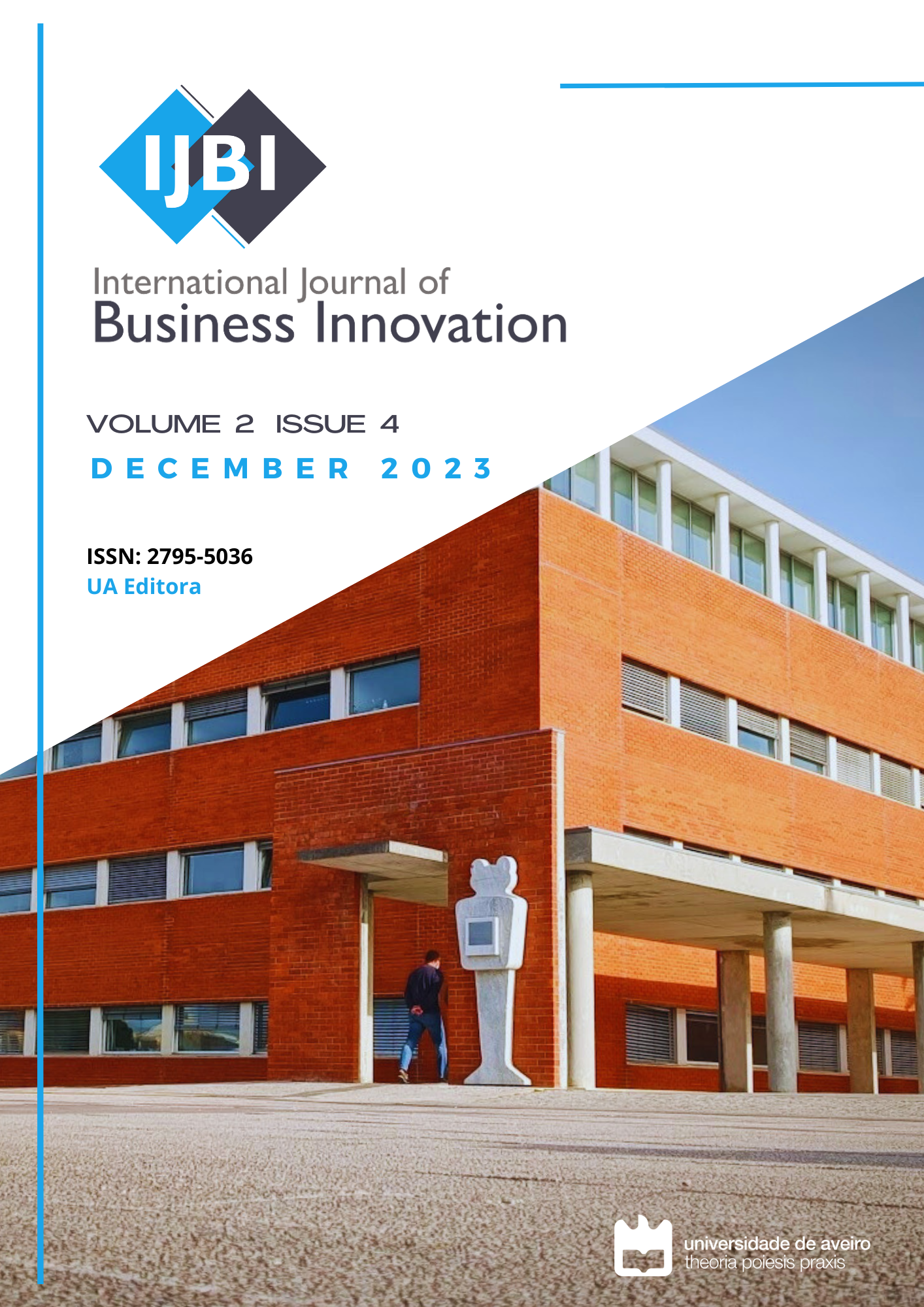Emotional Intelligence: Why its Matters in Change Leadership and Innovation in the 21st Century Styles of Work
DOI:
https://doi.org/10.34624/ijbi.v2i4.34732Keywords:
Emotional Intelligence, leadership, empathy, social skill, emotions, self-motivationAbstract
Emotional intelligence (EQ) is recognized as a key leadership skill critical in achieving organizational goals and succeeding in a volatile and ambiguous global business environment. EQ accounts for 90% of what sets effective leaders apart from their peers with technical skills. The most effective leaders are alike in one crucial way: they all have a high degree of EQ. Hence, EQ is the sine qua non for superior leadership performance. Yet, emotions have consistently been overlooked by previous studies of leadership because the workplace was considered as a rational environment where emotions were understood as impediments to the science of sound judgement. Research studies on how EQ relates with leadership behaviour for leadership high performance are highly limited and mixed. Only a limited number of studies employed evidence-based research approach to establish the significance of their relationships. While emotions are not beyond the science of sound judgement in modern business contexts, we need adequate evidence-based research studies on how EQ relates with leadership high performance. This study uses the theory of EQ proposed by Goleman for leadership high performance. Responses were collected from 69 respondents in leadership roles from public and private sector organizations in the Australian business context and the measures and research hypotheses were analysed using linear regression. The results show that emotional self-awareness, self-motivation, empathy, and the averaged full EQ have a strong influence on leadership behaviour. These findings provide a better understanding of leadership behaviour factors of EQ contributing to superior leadership performance. Also, the results have implications for leadership search firms and human resource practitioners.
References
Downloads
Published
Issue
Section
License
When submitting an article to the IJBI, authors certify the following clauses:
-
Originality and single submission– The contents presented in the article have not been published previously in whole or in part, and were not submitted or are not under active consideration elsewhere prior IJBI decision. The article must be authentic and does not contain plagiarism.
-
Authorship– All authors reviewed the article, agreed with its content, and agreed to its submission to the IJBI.
-
Conflicts of interest– Any conflict of interests must be declared. If authors have no declaration, it should be written (in the acknowledgments section): “The authors declare no conflict of interests”.
-
Ethics committee and informed consent(if applicable) – The research must be approved by an independent ethics committee and subjects gave their informed consent before they were enrolled in the study.
- Authors retain copyright and grant the journal the right of first publication with the work simultaneously licensed under a Creative Commons CC BY 4.0.



